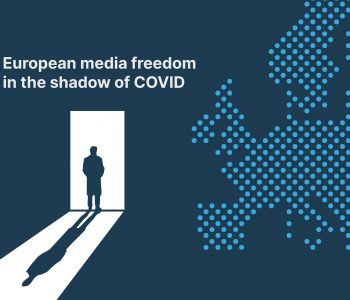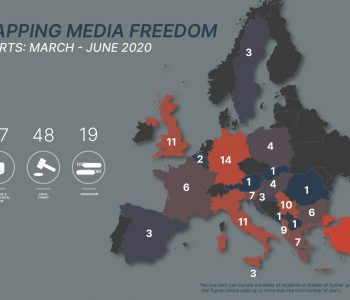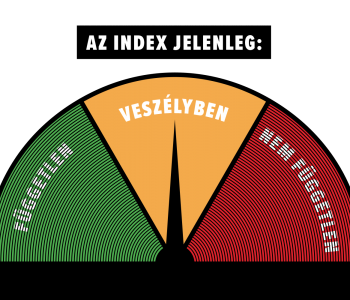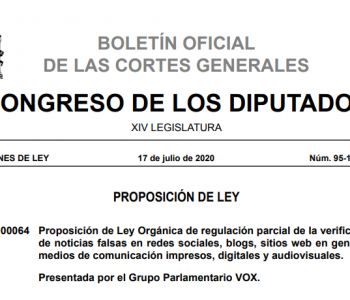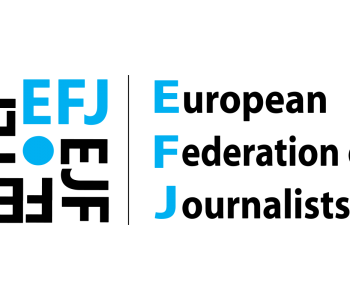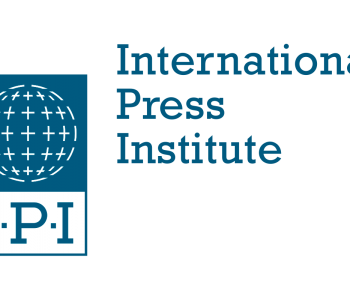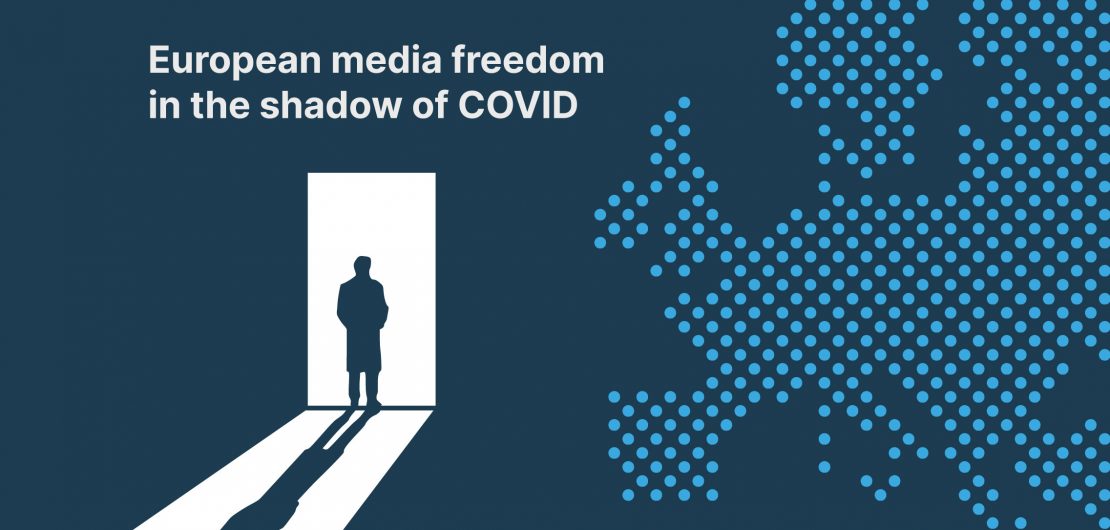 Library
Library
Slovenia’s government targets public media in midst of pandemic
Slovenia’s government targets public media in midst of pandemic
Part of IPI’s series, Europe media freedom in the shadow of Covid, authored by IPI correspondents across Europe
IPI Correspondent, Aljaž Pengov Bitenc outlines how a new bill in Slovenia paves the way for massive funding cuts that would jeopardize public service mission
